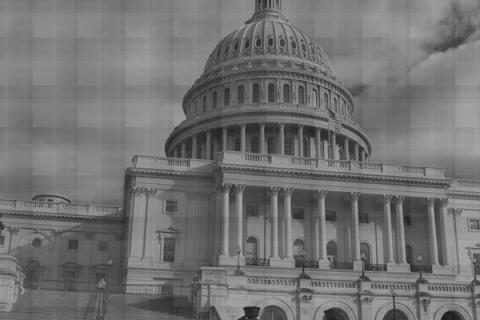The much-anticipated documentary film on the state of the nation’s public school system, “Waiting for Superman,” hit theaters in Los Angeles and New York last Friday and was met with both cheers and jeers. The Oscar-winning documentary film maker David Guggenheim shows the stark reality of the nation’s failing public school system, particularly for poor and low-income families. Specifically, it follows five children and their families – two here in California - as they try to escape the public school in their community and attend the local charter school. Guggenheim is best known for An Inconvenient Truth, the groundbreaking film on global climate change “starring” Al Gore.
In addition to the movie’s release, several foundations working toward education reform are funding a "social action campaign" that accompanies the film. For example, WaitingForSuperman.com is being used as a platform to help people to become more involved in improving their local school system by providing a “how to” for individuals to take action. It is also raising critical dollars for schools by providing $15 vouchers to people who pledge to donate to any school project they wish in DonorsChoose.org.
The title, “Waiting for Superman,” comes from a story told by the Harlem Children’s Zone founder Geoffrey Canada, who tells about his mother explaining that his hero Superman was not real. Canada was apparently devastated at the thought that Superman could not save him and his friends from his Bronx, NY neighborhood. Waiting for their Superman are two California children – Daisy from East Los Angeles and Emily from Silicon Valley – who are both seeking enrollment to local charter schools that they believe will pave their way to a successful future. The movie is being hailed by the likes of Oprah and Bill Gates and the editorial page of the Wall Street Journal.
Yet, the film is not without its critics who feel that the film focuses too heavily on charter schools despite the fact that only 1 in 5 charter schools is very successful. As reported in the Christian Science Monitor, Jeffrey Henig, a professor at Columbia University’s Teacher College says that the film “..oversells charter schools” and “implies there some philosophy that unifies charters and we just need to replicate that.” In California for example, based on several metrics, charter schools have not demonstrated they are better than public schools.
Critics also say that film ignores the challenges and realities of public education. According to a statement released by the California Teachers Association:
“The problem is he ignores the vast majority of the education system – the challenges, the realities, and the successes – in order to focus on charter schools. Traditional public schools – along with their students and their teachers – are strangely absent from this documentary.”
The statement goes on to say that “If you want to make a documentary about improving education, and if you want to make a documentary about daily feats of heroism, you shouldn’t ignore public schools."
Released nationwide in October, “Waiting for Superman” will certainly ignite further debate among supporters and detractors. What we can agree on, however, is that we have failed our children miserably and that we need to find solutions that work.

